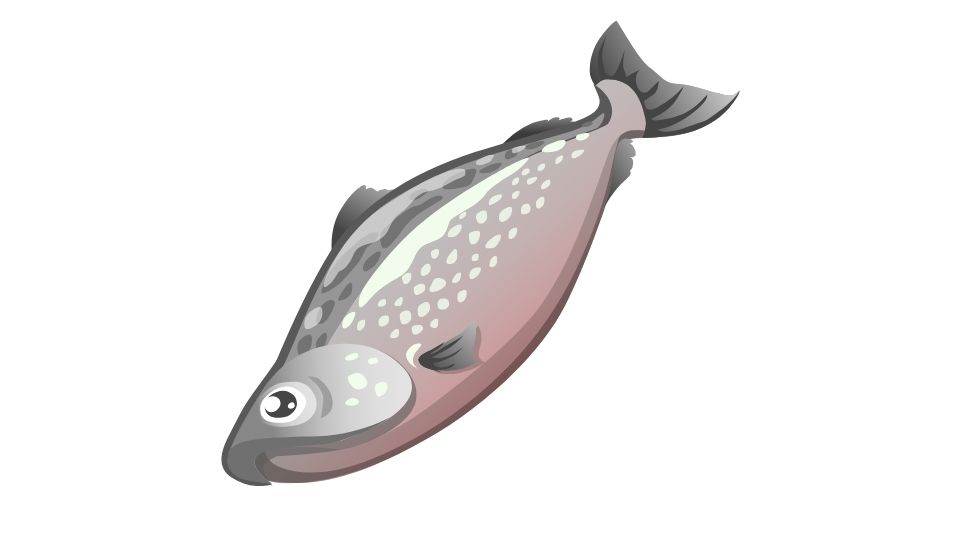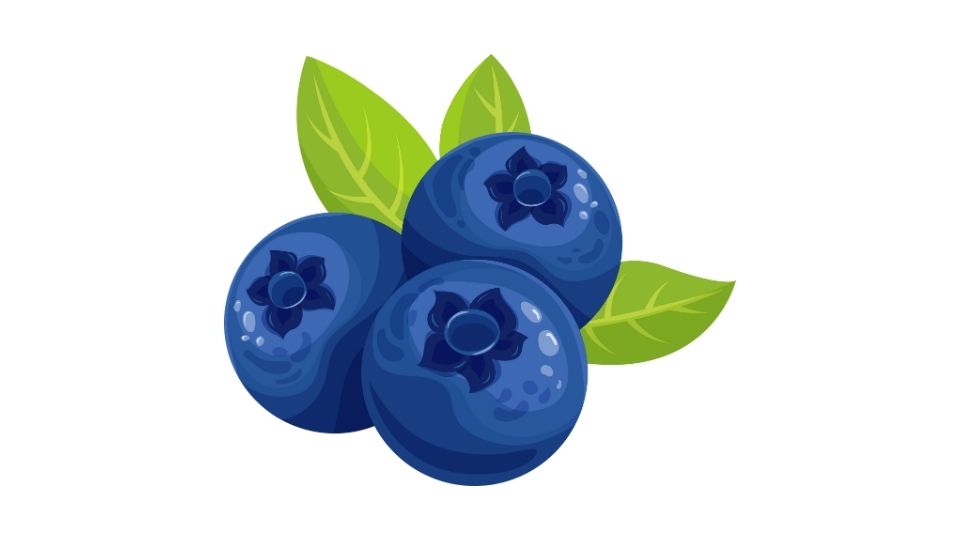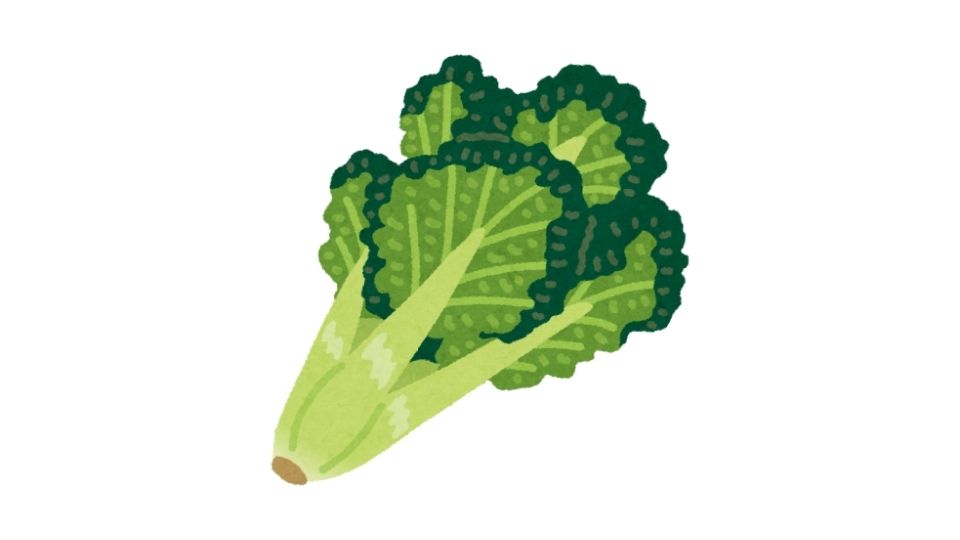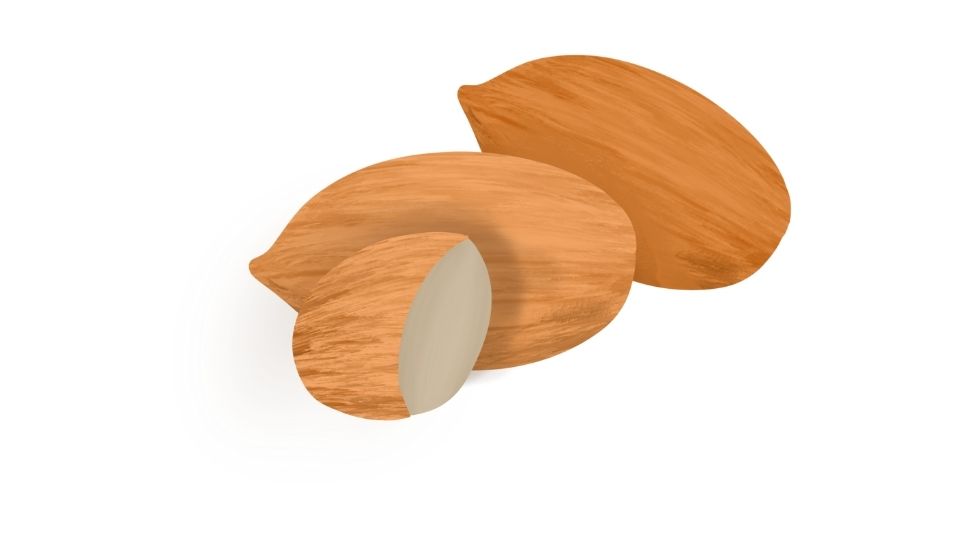Top Foods That Naturally Boost Mental Wellness

Ever feel like your brain is running on fumes? Like you can’t focus, your memory is shot, and your mood is all over the place?
Well, what if I told you that the solution might be sitting in your fridge right now?
The foods we eat don’t just fuel our bodies – they literally build our brains. And science is showing that certain foods can help sharpen your focus, boost your memory, and even improve your mood.
So let’s dive into the brain food superstars that can help you think clearer, remember better, and feel awesome.
Brain Food: 10 Foods That Will Supercharge Your Mental Clarity
You know that foggy feeling when you can’t think straight? Or when you keep forgetting where you put your keys?
Your diet might be to blame.
Our brains are energy hogs, using about 20% of our daily calories despite being only 2% of our body weight. And they’re picky eaters – they need specific nutrients to function at their best.
Let’s talk about the foods that give your brain exactly what it needs.
1. Fatty Fish: Your Brain’s Best Friend

If your brain had a dating app, it would definitely swipe right on salmon, sardines, and mackerel.
Why? Because these fatty fish are loaded with omega-3 fatty acids – especially EPA and DHA – which are basically brain cell communication superheroes.
These omega-3s:
- Build brain cell membranes
- Reduce inflammation in the brain
- Help protect against Alzheimer’s disease
- Improve mood regulation
In fact, studies show that people who eat fish regularly have more gray matter in their brains – that’s the tissue containing most of your brain cells.
The American Heart Association recommends eating fatty fish twice a week. If you’re not a fish fan, consider a high-quality omega-3 supplement.
2. Berries: Nature’s Brain Candies

Blueberries, strawberries, and blackberries aren’t just delicious – they’re antioxidant powerhouses that protect your brain from oxidative stress and inflammation.
That beautiful blue/red color comes from anthocyanins, compounds that:
- Improve blood flow to the brain
- Boost memory
- Delay age-related decline in brain function
Research from Tufts University found that blueberries may help improve short-term memory and reduce symptoms of depression.
My take: Throw a handful of berries on your oatmeal or yogurt every morning. Your brain will thank you.
3. Dark Leafy Greens: The Ultimate Brain Protection Squad

Spinach, kale, and swiss chard aren’t just for Instagram health influencers. They’re nutrient bombs packed with:
- Folate (helps make neurotransmitters)
- Vitamin K (builds brain cells)
- Lutein (protects brain tissue)
- Beta-carotene (fights cognitive decline)
That folate is especially important for your mood – it helps make serotonin, which regulates how you feel emotionally.
A study in Neurology found that people who ate just one serving of leafy greens per day had brains that were effectively 11 years younger than those who rarely ate them.
That’s like getting a brain time machine for the price of a salad.
4. Nuts: Tiny Packages of Brain Power

Walnuts look like tiny brains for a reason – they’re amazing for your actual brain.
Walnuts and almonds provide:
- Plant-based omega-3s
- Vitamin E (reduces oxidative damage)
- Healthy fats that maintain neural integrity
Research shows that regular nut eaters perform better on cognitive tests. And walnuts specifically may enhance memory.
Just a small handful daily (about 1oz) can make a difference. But be careful – they’re calorie-dense, so don’t go nuts on nuts. (Sorry, couldn’t resist.)
5. Dark Chocolate: Brain Food That Actually Tastes Good
Finally, something indulgent that’s actually good for your brain!
Dark chocolate (70%+ cocoa) contains flavonoids that:
- Improve blood flow to the brain
- Enhance focus and attention
- Boost mood (no surprise there!)
- Protect against mental fatigue
One study from the University of L’Aquila found that regularly eating dark chocolate can improve cognitive function in elderly people.
But stick to a small square or two per day – moderation is key.
6. Green Tea: The Focus Drink
Green tea gives you a more balanced energy boost than coffee, thanks to two key ingredients:
- Caffeine (increases alertness)
- L-theanine (an amino acid that creates relaxed alertness)
This unique combo improves attention, memory, and mood without the jitters and crash that often come with coffee.
Research suggests that green tea drinkers have better brain function and a lower risk of cognitive decline.
My take: Try swapping your afternoon coffee for green tea. You might find yourself feeling clear-headed rather than wired.
7. Legumes and Whole Grains: Steady Brain Fuel
Your brain runs on glucose, and legumes (beans, lentils) and whole grains provide the steady, slow-burning fuel it needs.
They supply:
- Complex carbs for sustained energy
- Fiber to stabilize blood sugar
- Iron for oxygen transport to the brain
- Magnesium for nerve function
They also feed your gut microbiome, which communicates directly with your brain through the gut-brain axis.
8. Pomegranate: The Underrated Brain Protector
Those ruby-red seeds aren’t just pretty – they’re packed with powerful antioxidants that:
- Reduce neuroinflammation
- Support brain cell longevity
- Promote clearer thinking
Emerging research suggests pomegranate may even help prevent Alzheimer’s disease.
Try adding pomegranate seeds to salads or your morning yogurt, or drink pure pomegranate juice (just watch the sugar content).
9. Turmeric: The Golden Brain Spice
That bright yellow spice in curry contains curcumin, which has:
- Potent anti-inflammatory properties
- Strong antioxidant effects
- The ability to cross the blood-brain barrier
Research has found that curcumin can boost memory and even stimulate the growth of new brain cells. It may also help clear the amyloid plaques associated with Alzheimer’s disease.
Pro tip: Always combine turmeric with black pepper – it increases curcumin absorption by 2000%.
10. Fermented Foods: Gut Health = Brain Health
Yogurt, kefir, sauerkraut, and kimchi aren’t just for your digestive system – they support your brain through the gut-brain connection.
These probiotic powerhouses:
- Improve gut health, which directly affects brain function
- Help produce neurotransmitters (your brain’s chemical messengers)
- May reduce anxiety and depression
A fascinating study from UCLA found that women who regularly ate yogurt showed altered brain activity in areas controlling emotion and sensation.
How to Actually Eat This Way (Without Going Crazy)
Look, I get it. Reading a list of brain-boosting foods is one thing. Actually incorporating them into your busy life is another.
Here are some practical tips that won’t require a complete lifestyle overhaul:
Start small – Add one brain food to each meal (berries at breakfast, leafy greens at lunch, fatty fish at dinner)
Make easy swaps – Dark chocolate instead of milk chocolate, green tea instead of soda
Prep in batches – Wash and chop those leafy greens once a week so they’re ready to throw into meals
Blend it up – A smoothie with berries, leafy greens, and a spoonful of ground flaxseed packs multiple brain foods into one glass
Season smartly – Add turmeric to soups, stews, or scrambled eggs
Remember, the goal isn’t perfection – it’s progress. Even small changes can make a big difference to your brain health over time.
The cool thing is that these foods don’t just work in isolation. They create synergistic effects when eaten together regularly as part of a healthy diet.
So next time you’re feeling mentally foggy or emotionally blah, take a look at your plate. Your brain might just be hungry for the right nutrients.
What’s your favorite brain food? And have you noticed any changes in your mental clarity when you eat better? Let me know in the comments!

